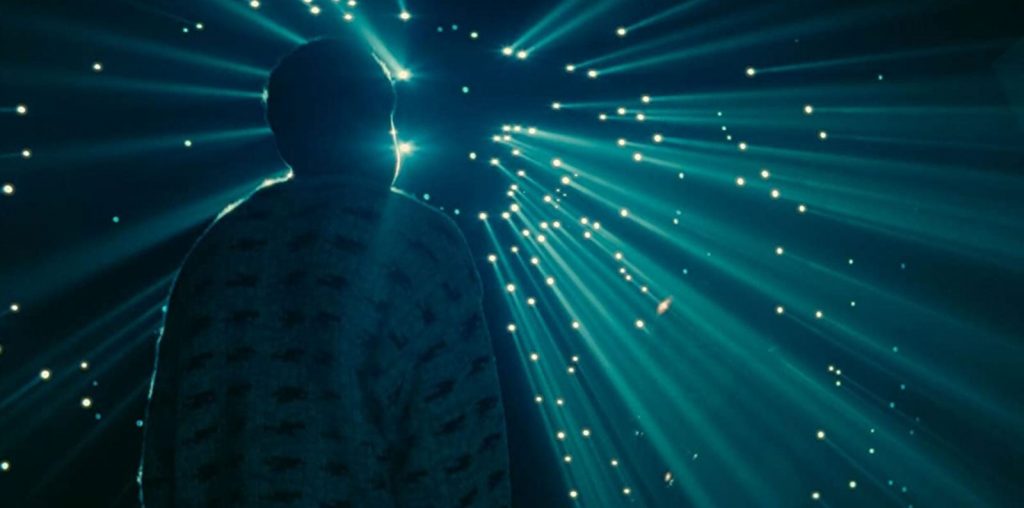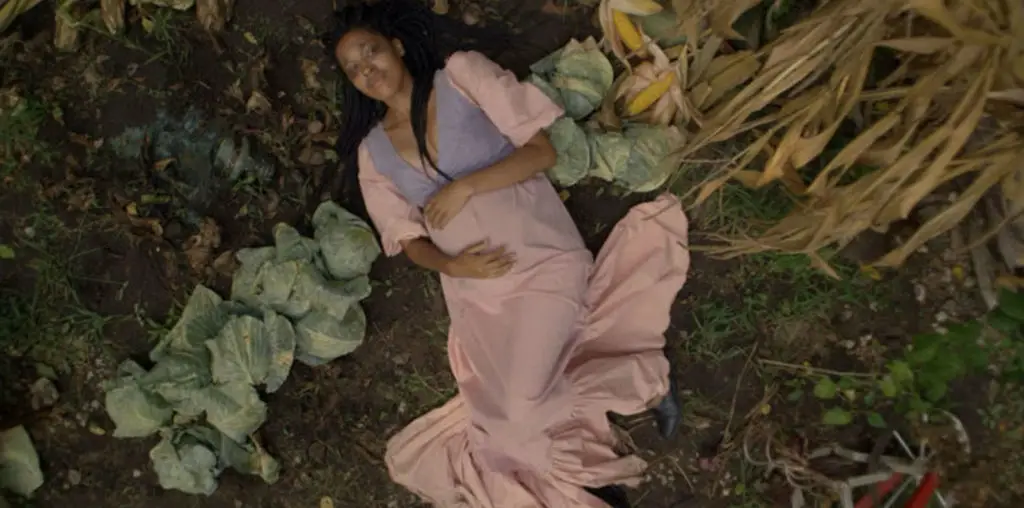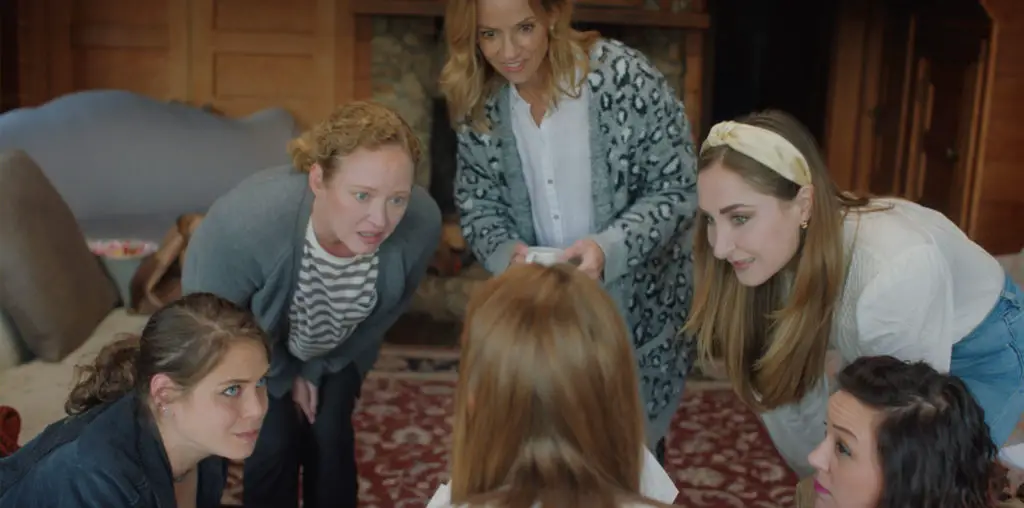
In Luzifer, Peter Brunner attempts to channel the high-minded European style of horror that was once so distinct to the region. The days when Europe was the refuge for films like this have long since passed. Even so, we should commend the writer-director for his attempt at embracing this tradition once again. The dramatic horror title is certainly an unnerving watch, and for whatever it lacks in cohesion or thematic originality, it certainly remains hard to forget.
Brunner’s movie primarily follows the twisted mother and son duo of Maria (Susanne Jensen) and Johannes (Franz Rogowski). To say they live an unorthodox life would be a gross understatement. They live alone on an idyllic mountain somewhere in central Europe, and they almost exclusively keep to themselves. Well, that is other than the predatory birds Johannes has taken a liking to. The two engage in bizarre religious practices involving idolatry and other rituals that appear to be an amalgamation of Christianity and Pagan ancestor worship.
Very little is explained by way of intelligible exposition. The filmmaker instead relies upon obtuse religious imagery and the incremental invasion of technology as ways of advancing the somewhat flimsy narrative. In time we glean that their remote home is in the middle of a planned ski resort, and they have refused to sell their property. The developers then resort to heavy-handed tactics to convince them to vacate, including sending squadrons of invasive surveillance drones and aggressive helicopter flyovers.
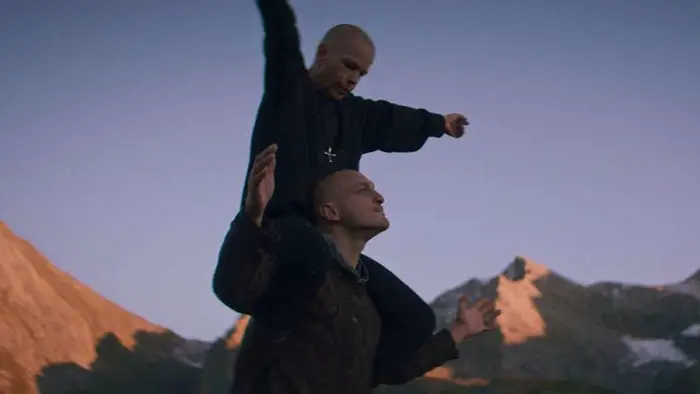
“The two engage in bizarre religious practices involving idolatry and other rituals…”
Franz Rogowski inhabits one of his most physical roles as Johannes. He is probably best known in North America for his major roles in the acclaimed films Transit and Undine (both by German auteur Christian Petzold). His animalistic performance in Luzifer is the definitive highlight and serves to keep the audience engaged – even when Brunner’s directing choices aren’t quite as successful. Rogowski’s sparring partner in Jansen is also worthy of note, adding a delightfully grotesque quality.
The movie unfortunately peters out because of Brunner’s willful embrace of an overly ambitious thematic and formal approach. Overwrought religious imagery abounds, but it never feels necessary or interesting. The editing can also be unnecessarily disorientating, often cutting seemingly in the middle of a developing sequence, thus resetting the viewer into a new space before they’ve digested the previous one. It’s akin to late Malick, but in Luzifer, the audience would have been better served seeing the characters develop without these grating artistic flourishes.
Still, it is hard not to recommend anything starring Rogowski, an actor so unique in approach and delivery that I always relish the opportunity to see him in a major role. I wouldn’t necessarily go so far as to say that he saves Luzifer entirely, but he certainly makes it watchable. And lest we assume that I don’t recognize Brunner’s talent as a filmmaker, it must be said that the movie’s quality is inescapable. Sometimes, though, even the best directors need to be reminded that it’s OK to simply tell a story and that putting one’s stamp on a work should be secondary.
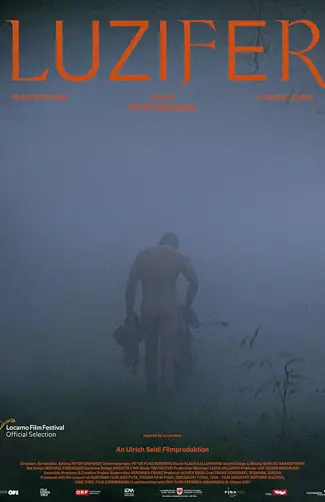
"…the movie's quality is inescapable."
